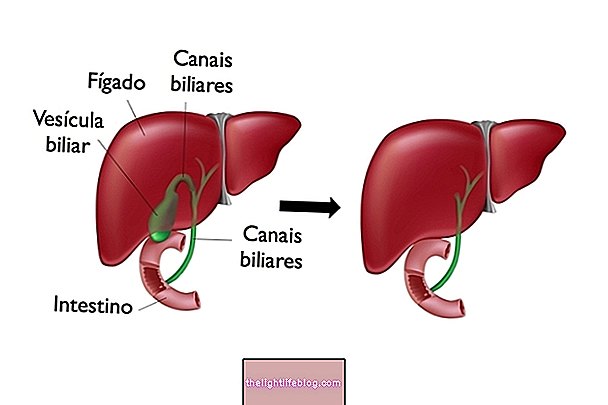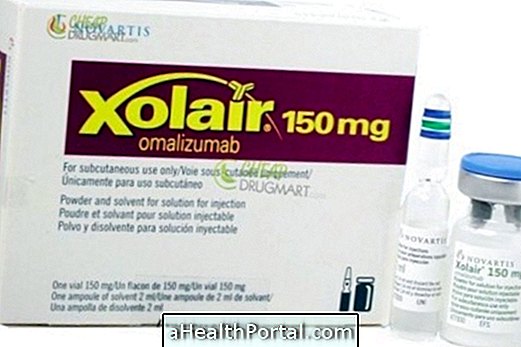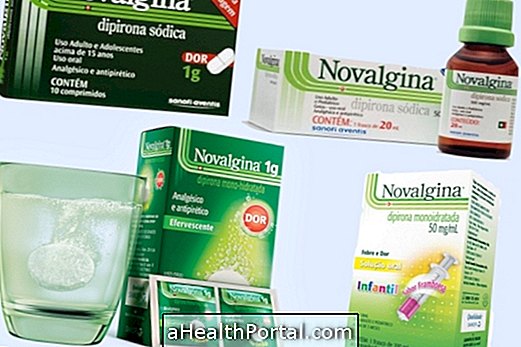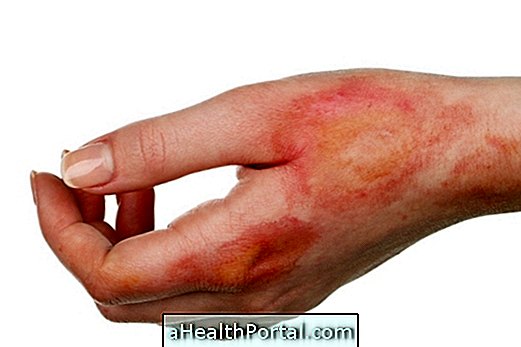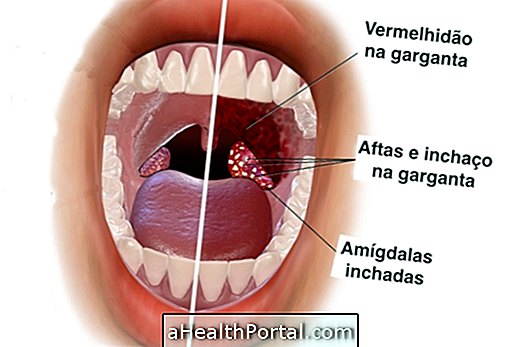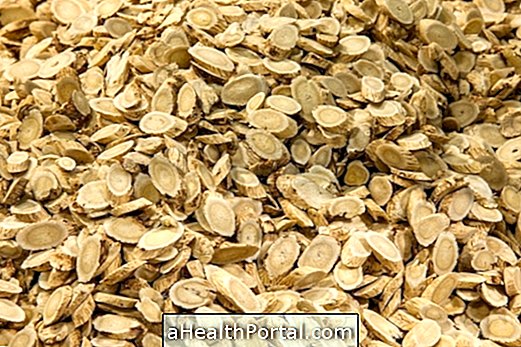Some drugs can alter the production of saliva, causing dry mouth and increasing the occurrence of caries, stomatitis or glossitis, as is the case with tricyclic antidepressants that cause a metallic or bitter taste.
Other drugs, after ingestion, can be secreted in the saliva, causing a bitter taste, as is the case of antibiotics such as clarithromycin and tetracycline, which can result in excessive growth of fungi causing, for example, candidiasis.
Cisplatin or methotrexate are examples of drugs that cause stomatitis, glossitis and esophagitis that are expected effects of these antineoplastic agents.
These effects are normal consequences of the consumption of the drugs in question and they pass, in general, as soon as their ingestion is suspended.
Was this information helpful?
Yes No
Your opinion is important! Write here how we can improve our text:
Any questions? Click here to be answered.
Email in which you want to receive a reply:
Check the confirmation email we sent you.
Your name:
Reason for visit:
--- Choose your reason --- DiseaseLive betterHelp another personGain knowledge
Are you a health professional?
NoMedicalPharmaceuticalsNurseNutritionistBiomedicalPhysiotherapistBeauticianOther




